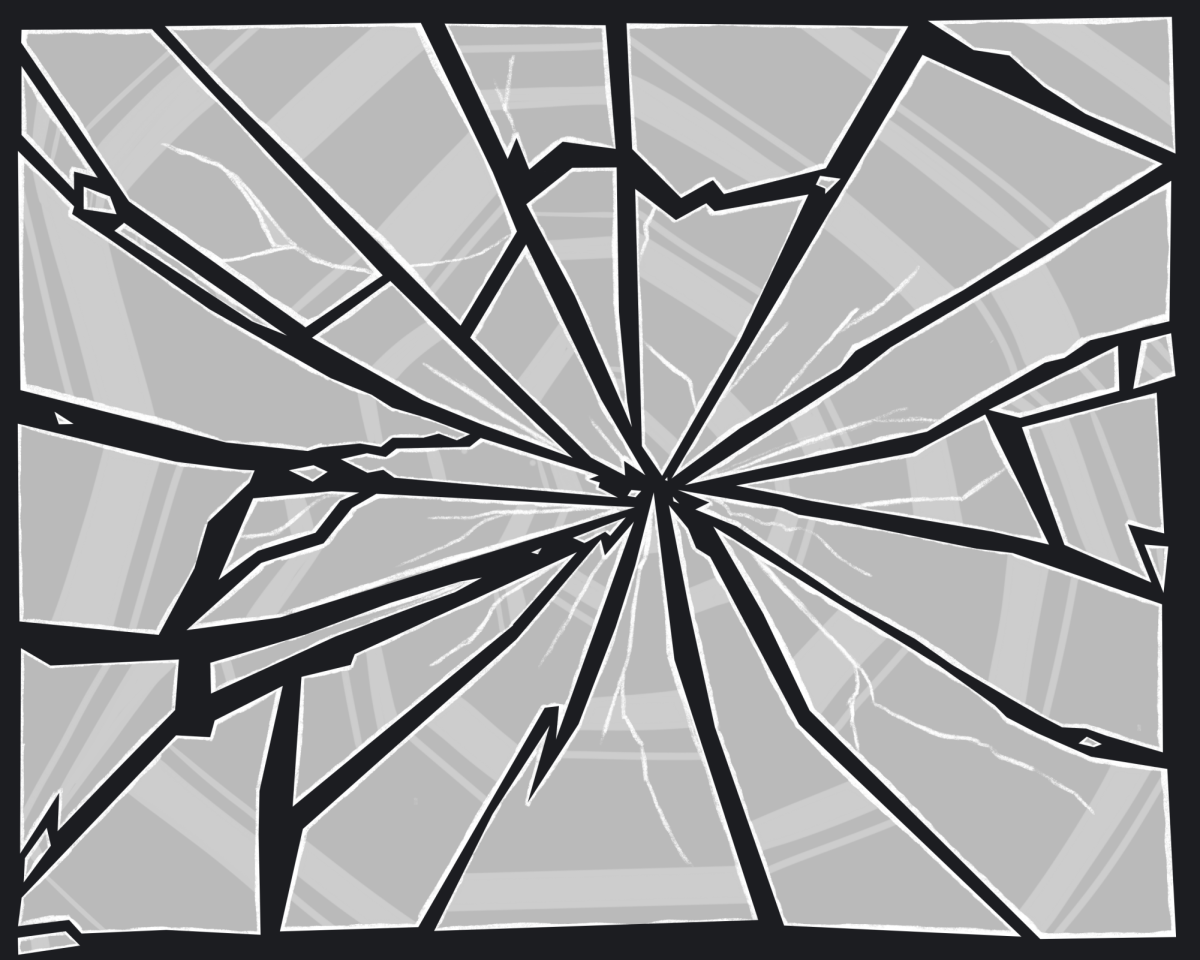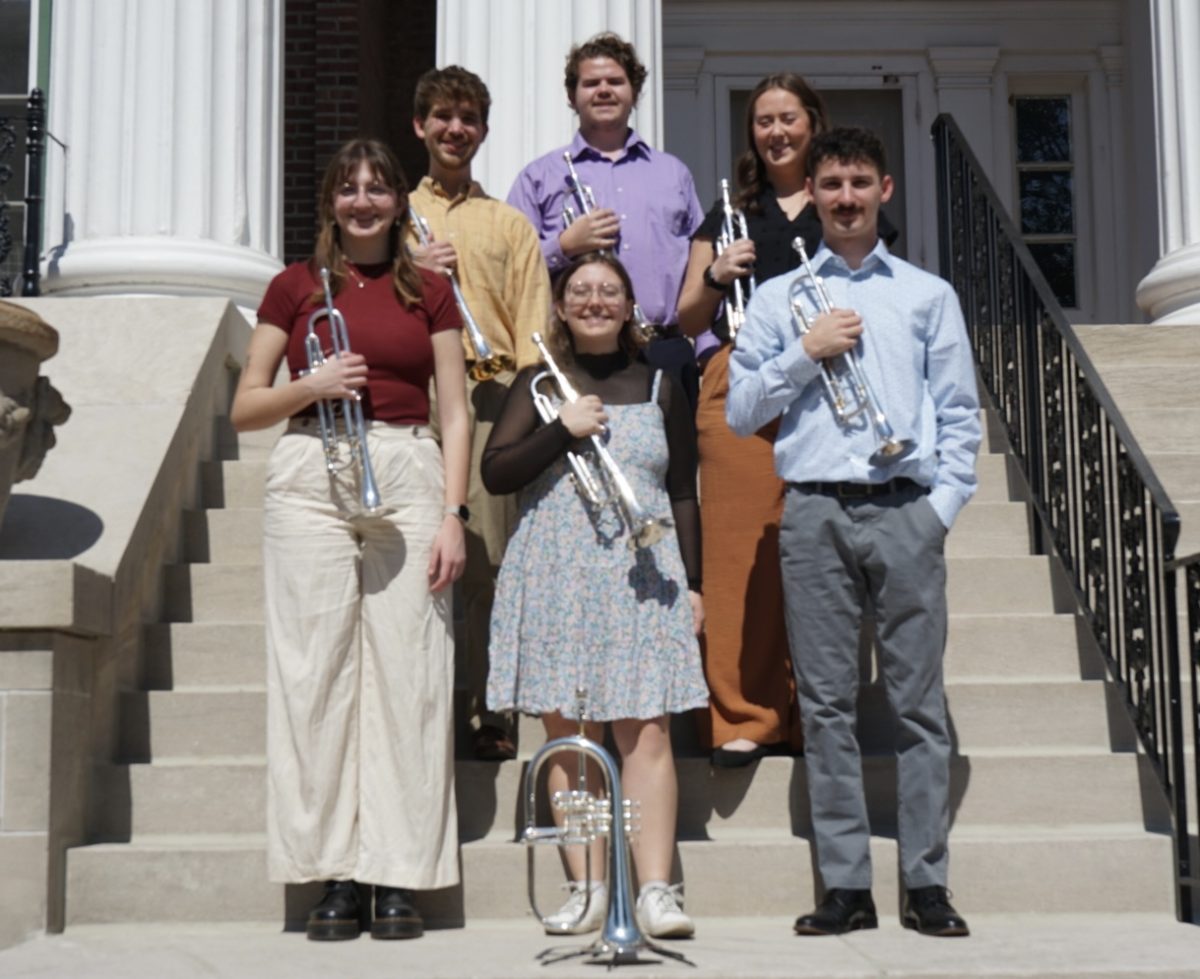22 years ago, 19 airborne Islamic Jihadst terrorists attacked the World Trade Center in New York. They were harboring anti-American hostility. Immediately thereafter, an airplane crashed into the Pentagon in Washington, D.C. A fourth would have hit the United States Capitol, had it not been rerouted by a group of brave passengers. In total, 2,977 people were killed. A little over one month later, the U.S. government, then under the George W. Bush administration, launched its counter-attack on Afghanistan. There, it targeted the aggressive Islamist organization Al-Qaeda, created by terrorist Osama bin Laden in the 1980s. The militants who destroyed the World Trade Center belonged to said organization.
In its early days, Al-Qaeda was meant to strategically defend Muslims in Afghanistan against the Soviet Union. Although the Soviets ended their attempted occupation of Afghanistan in 1989, Al-Qaeda continued to operate in opposition to other forms of foreign intervention, most notably that of the U.S.
In 2002, the Bush Administration cracked down on homeland security, merging the Immigration and Naturalization Service and the U.S. Customs Service, then re-classifying them so that they both fell under the purview of the U.S. Immigration and Customs Enforcement (ICE). Bush himself signed the Patriot Act into law, therefore allowing the U.S. government to detain those of whom it suspected anti-American conspiracy.
The attacks against the United States of America that occurred on Sept. 11 have had a profound impact on American sentiments. In many ways, Americans grappling with reality in the wake of 9/11 learned what it truly means to be patriotic. Despite its broken hearts, the U.S. maintained its resilience, as thousands of its citizens came together in spirit to support one another. Following 9/11, Americans could have resolved themselves to despair. Instead, they became more patriotic than ever.
Still, in some ways, the trauma of 9/11 had a negative impact on American public opinion. Over the course of the last couple decades, Islamaphobic rhetoric has surged throughout North America. If Christian-identifying Americans were quietly xenophobic before their country was threatened, they became somewhat irrationally suspicious of their Muslim peers in the aftermath of 9/11.
Few things are less patriotic than religio-centrism. The U.S. is meant to be a composite of different religions, cultures and ethnicities.
Sept. 11, 2001 was a horrific day for countless Americans. Those asked to recount its events as seen through their eyes can do so with chilling accuracy — a tragedy of such gravity is nearly impossible to forget. Families were ravaged by loss. Americans’ safety was threatened. In marking Sept. 11’s passage, American society remembers the friends and family it suffered. It honors the heroes who stepped up to save victims of the attack.
Unfortunately, sometime between 9/11/01 and today, a number of Americans began to associate patriotism less with intersectional solidarity than with Anti-Muslim dogmatism. As of now, hate crimes against Muslims are significantly more prevalent now than they were in 2001, as detailed by the Federal Bureau of Investigation. Executives in Washington D.C. espouse acceptance, so on paper, they support constituents’ rights to worship as they please. Regardless, the U.S. government’s attitude toward Muslims is murky, and its actions regularly wreak havoc on immigrants.
Shortly after the Patriotic Act came to be, the New York Police Department began covertly keeping tabs on regional mosques. ICE, a direct product of post-9/11 security measures, is infamous for the abuse it incurs on potential illegal immigrants. Border patrol officers often go out of their way to make arrests. In 2020, 21 people died in ICE custody. According to the Congressional Committee on Homeland Security, border patrol detention centers fail to provide adequate health care and access to legal counsel.
Former president/future president hopeful Donald Trump has denounced Islam on several occasions, albeit indirectly. Shortly before being elected, a campaigning Trump erroneously claimed to have witnessed “thousands and thousands of people” cheering in Jersey City, New Jersey, as the World Trade Center fell. In saying so, he openly insinuated that to a noteworthy degree, Muslims in America celebrated the Sept. 11 attacks. He later doubled down, telling journalist George Stephanopoulos that the New Jersey city in question has “large Arab populations.”
America will never achieve the united front it boasts if its leaders keep propagating unrest, sowing hate.










